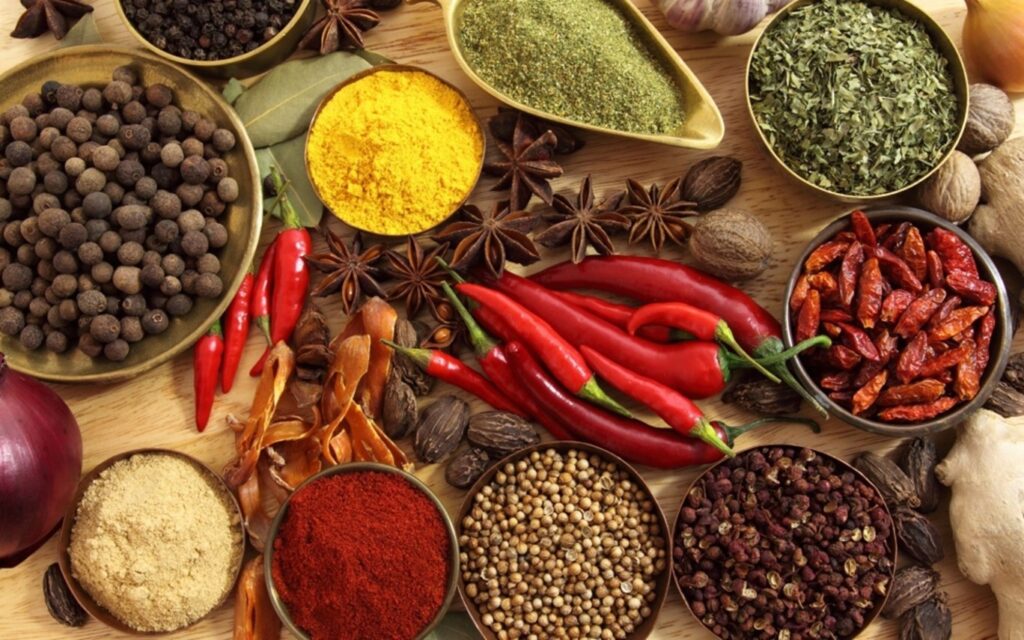
Spicy flavors are among the world’s culinary treasures and are especially popular among young people today. For those who enjoy bold and intense tastes, spices are an indispensable part of their meals. An increasing number of people love spicy food, to the extent that they feel life is incomplete without it.
Chili peppers are rich in nutrients such as carotene, protein, fats, and vitamins C and E. Additionally, capsaicin in chili peppers has excellent antioxidant properties. Moderate consumption of spicy food provides certain health benefits. However, this does not mean that eating more is always better. Overconsumption can harm the body. Excessive capsaicin can strongly irritate the gastrointestinal mucosa, causing severe congestion, accelerated peristalsis, stomach pain, abdominal discomfort, and a burning sensation in the anus. It can also lead to gastrointestinal diseases and worsen conditions like hemorrhoidal bleeding.
So, who should avoid spicy food?
1. People with Heart Problems

Capsaicin in chili peppers can increase blood circulation and heart rate, potentially triggering tachycardia. Therefore, individuals with heart issues should minimize spicy food consumption to avoid hindering recovery.
2. People with Kidney Problems
Capsaicin is excreted through the kidneys and can irritate them. Regular consumption of spicy food can burden the kidneys, particularly for those with impaired kidney function or kidney failure.
3. Chronic Cholecystitis Patients
Capsaicin stimulates gastric acid secretion. Excess gastric acid can cause the gallbladder to contract, leading to spasms of the bile duct sphincter, which makes bile drainage difficult. This can trigger cholecystitis, biliary colic, or pancreatitis.
4. People with Constipation

Capsaicin’s irritative properties can worsen constipation symptoms. For individuals with hemorrhoids, spicy food may cause congestion and swelling in the anal veins, exacerbating the condition and potentially leading to anal abscesses.
5. People with Mouth Ulcers
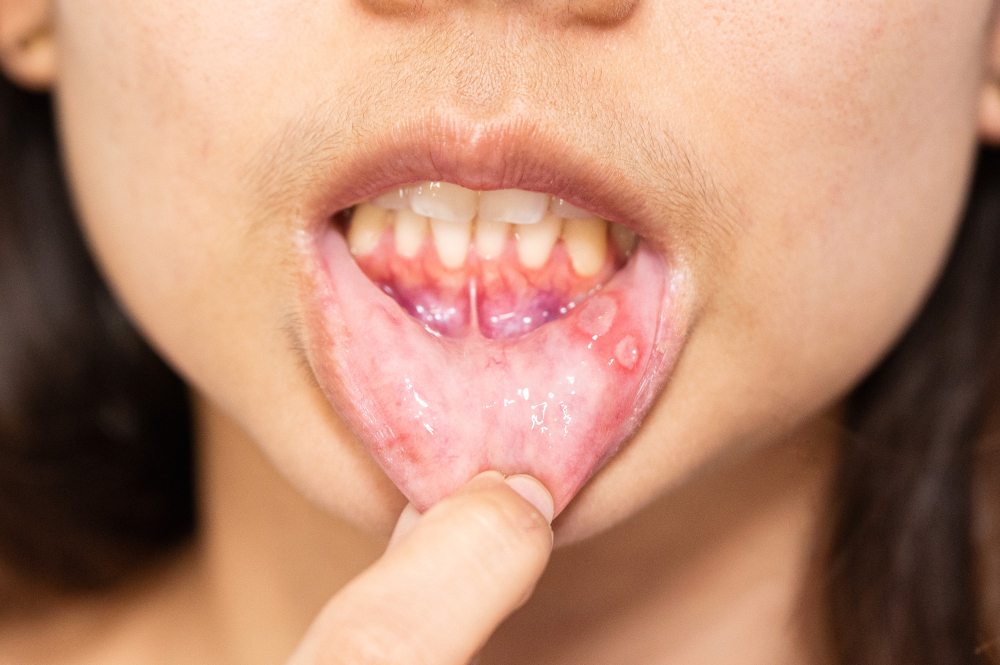
The strong stimulation of chili peppers can not only intensify pain but also worsen ulcers, making them larger and more difficult to heal.
6. Patients with Eye Conditions
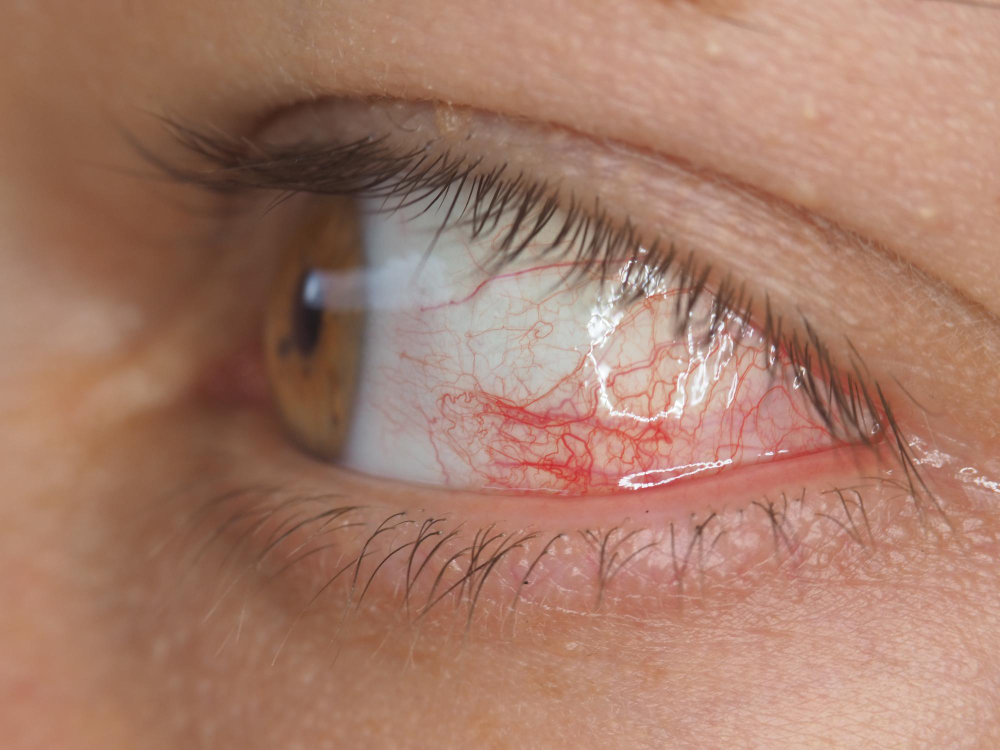
Those with conditions like keratitis or conjunctivitis may experience symptoms such as swollen eyelids, burning sensations, or elevated eye pressure after consuming spicy foods.
7. People with Hyperthyroidism
Individuals with hyperthyroidism already have an accelerated heart rate. Capsaicin can dilate skin capillaries, increase blood flow, and further accelerate heart rate, worsening symptoms and overburdening the body.
8. People with Gastrointestinal Issues
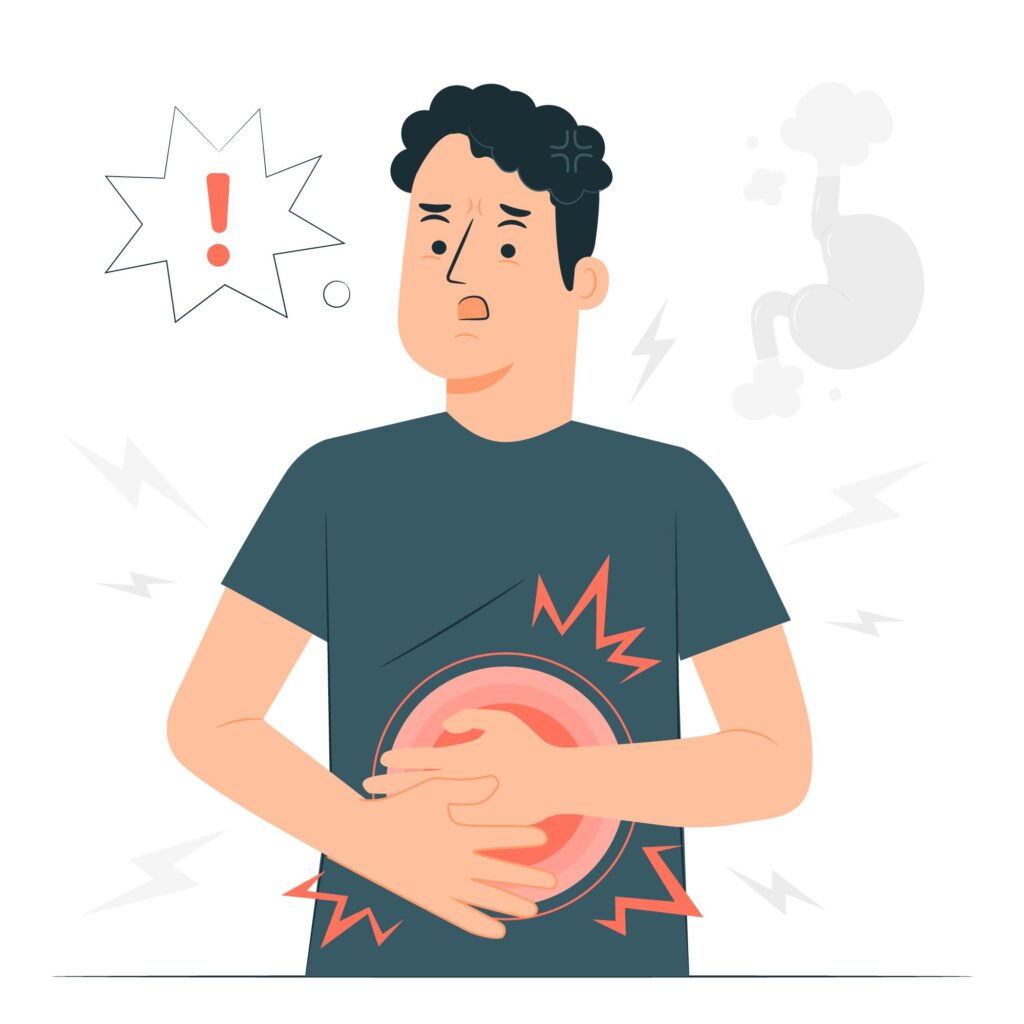
Chronic gastritis, gastric ulcers, or esophagitis can worsen with spicy food. Capsaicin can irritate the mucous membranes, causing congestion, swelling, accelerated intestinal movement, and symptoms like diarrhea or abdominal pain, affecting digestion.
9. Individuals Taking Certain Medications
Spicy foods can interfere with the efficacy of some medications and may worsen conditions, such as treatments for cooling and nourishing the body, skin diseases, or gastrointestinal disorders.
Tips for Relieving Spiciness
- If your tongue feels numb after eating spicy food, try drinking some milk. Milk can bind with capsaicin molecules, quickly relieving discomfort. Eating sweet or sour foods can also help: sweetness can mask and interfere with spiciness, while acidity neutralizes the alkaline nature of capsaicin. If the spice feels overwhelming, dipping food in vinegar, sipping a cold sweet drink, or eating a refreshing piece of fruit can work wonders.

- When cooking at home, try to pair spicy dishes with ingredients that cool and balance heat, such as duck, shrimp, crucian carp, bitter melon, luffa, or cucumber. You can also prepare refreshing mung bean porridge or lotus leaf porridge to clear heat and reduce internal fire. Spicy foods can cause “internal heat” because chili is naturally warming. Combining it with cooling foods can help neutralize this effect.
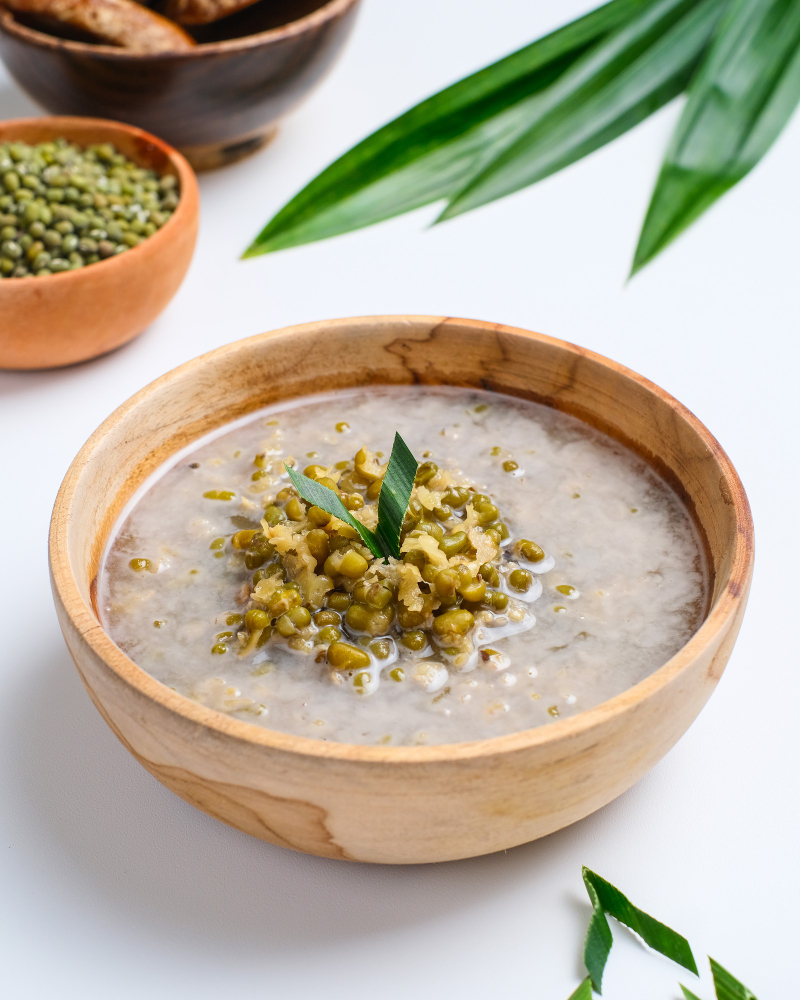
- After eating spicy food, drink plenty of water or soup to stay hydrated, as spice can cause throat dryness. Suitable drinks include chrysanthemum tea or sour plum soup. If the spiciness feels unbearable, milk is also a good option. Additionally, consuming sour fruits like hawthorn, grapefruit, oranges, apples, or pears after meals can help. These fruits contain tannins and dietary fibre that stimulate digestive fluid secretion, speed up intestinal movement, and promote hydration.

In Conclusion, The nine groups of people mentioned earlier should avoid excessive consumption of spicy foods to prevent aggravating their conditions. For healthy individuals, moderation is key. Gauge your tolerance level and consume spicy foods accordingly to benefit your health. Overindulging can lead to adverse effects on the body.
此文章还有以下语言版本:
![]() 简体中文 (Chinese (Simplified))
简体中文 (Chinese (Simplified)) ![]() Melayu (Malay)
Melayu (Malay)



